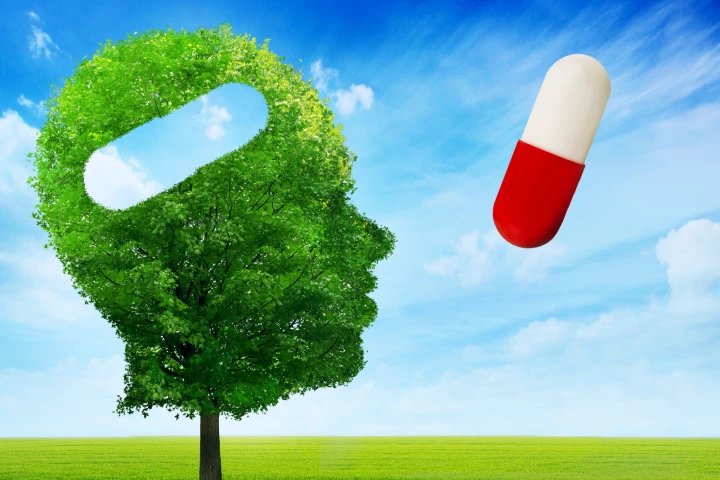Beth Israel Deaconess Medical Center
-
There are plenty of studies into the effects of cannabis on health. But a first-of-its-kind US study has found a connection between different patterns of cannabis use by patients and how well they recover from surgery.
-
A fascinating trial has reported virtual reality immersion can reduce the amount of sedatives needed during certain types of hand surgery. The trial found patients using VR could get through an entire surgical procedure with only local anesthetic.
-
A meta-analysis looking at 12 vaccine trials has concluded most adverse events reported following COVID-19 vaccination can be attributed to the placebo effect. The researchers claim most vaccine side effects can be attributed to the "nocebo effect."
-
Scientists in the US investigating the biological mechanisms behind fat burning have identified a protein that plays a key role in regulating metabolism, and demonstrated how blocking its activity can boost the process in mice.
-
Why do some people benefit from some types of exercise more than others? Scientists investigating this question have demonstrated how profiles of certain proteins in the blood can predict a person's "trainability."
-
Infectious bacteria are becoming increasingly resistant to our best antibiotics. Now researchers at BIDMC have found that combining two antibiotics that no longer work can create a treatment that’s once again effective against antibiotic-resistant bacteria.
-
For some time now, the eating of walnuts has been associated with feelings of fullness. Recently, a study uncovered what's actually going on in the brain to make this happen. The findings could lead to future treatments for obesity.
-
A new study shows that the protein AMPK regulates the neurons in the brain responsible for making you feel hungry. The findings may have implications in the treatment of obesity.
-
Bacteria that are resistant to standard antibiotics represent one of the biggest threats to global health today. Help might just be at hand though, with researchers using a screening method to identify existing drugs that might well prove effective against the dangerous bacteria.
-
Teasing apart the last link in the biochemical pathway that makes us to feel hungry when we need food has resulted in an interesting rodent creation. Genetically engineered mice with artificial triggers that allowed researchers to turn off and on their hunger pangs at will, even while fasting.
-
A human test subject in India has emailed the messages "hola" and "ciao" to three other people in France. Doesn't sound too impressive? Well, in this case the words were composed and interpreted using only the brain ... along with some high-tech help.
-
Silk is an amazingly strong material, yet it also harmlessly biodegrades when left in the body. Because of that, it may soon find use in the production of better plates and screws used for securing broken bones.











